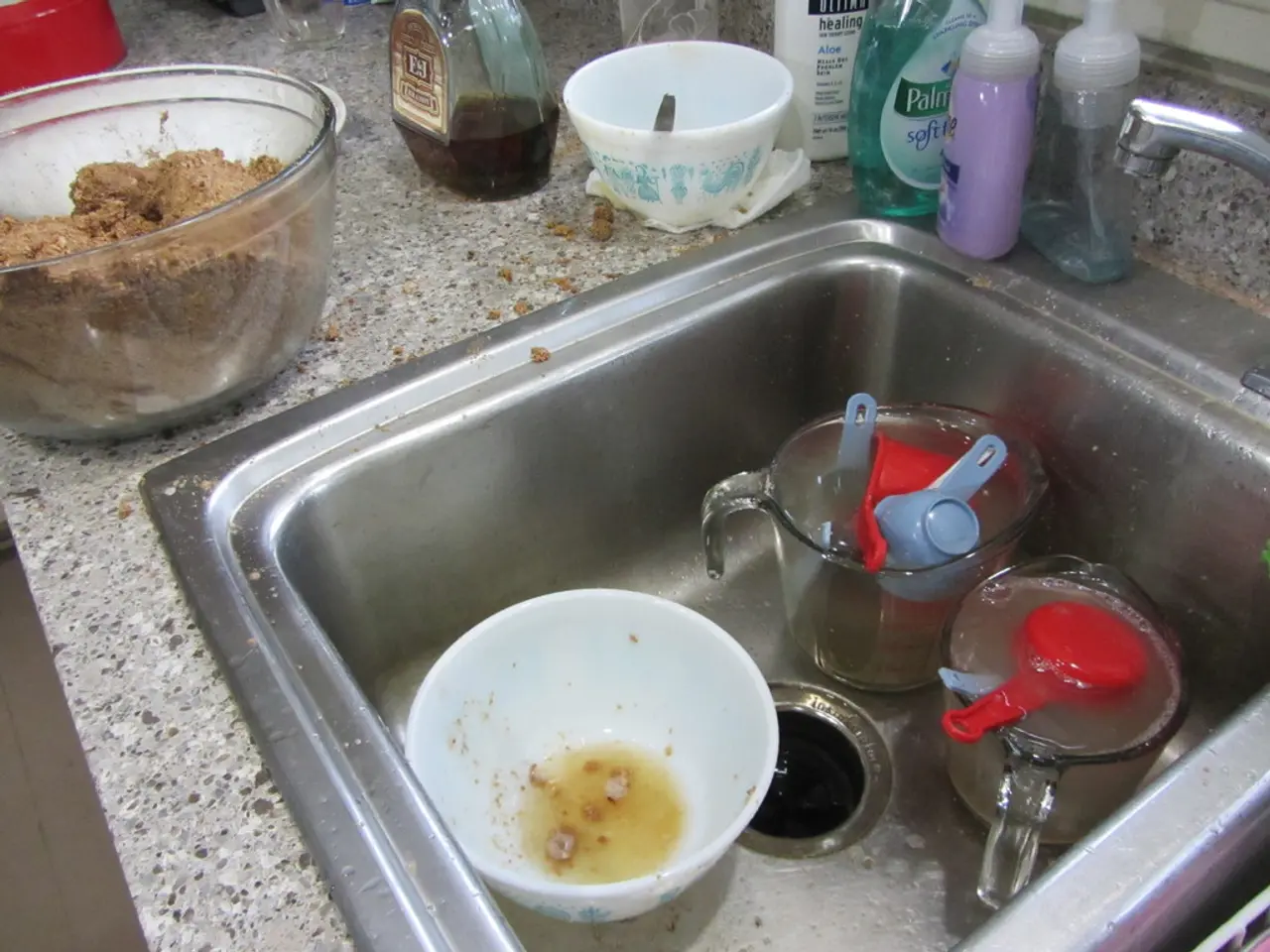Microplastics Directly Impact Human Gut Microbiome, Study Finds
A groundbreaking study, led by Austria's Center for Biomarker Research in Medicine (CBmed), has revealed for the first time how microplastics directly impact the human gut microbiome. Presented at the United European Gastroenterology Week 2025, the research raises alarming concerns about the health implications of microplastics.
The study, published on October 6, exposed gut microbiome cultures from five healthy volunteers to five common microplastic types. It found that microplastics can alter the gut's microbial composition, creating environments that favour certain bacteria. This led to changes in the chemicals produced by the bacteria, resulting in a drop in pH (increased acidity).
Certain bacterial groups, such as Lachnospiraceae, Oscillospiraceae, Enterobacteriaceae, and Ruminococcaceae, either multiplied or decreased depending on the plastic type introduced. These shifts in gut microbiome resemble patterns seen in conditions like depression and colorectal cancer, potentially increasing disease risk.
The study underscores the urgent need to understand and address the health impacts of microplastics. Further research is crucial to determine the full extent of these changes and their potential long-term effects on human health.
Read also:
- Overweight women undergoing IVF have a 47% higher chance of conceiving naturally post-weight loss
- Bonsai Trees from Evergreen Species: Exploring Growth Characteristics & Distinct Qualities
- What temperatures may make walking your canine companion uncomfortable?
- Title: Information About Beovu: Potency, Form, Usage, and Additional Details






